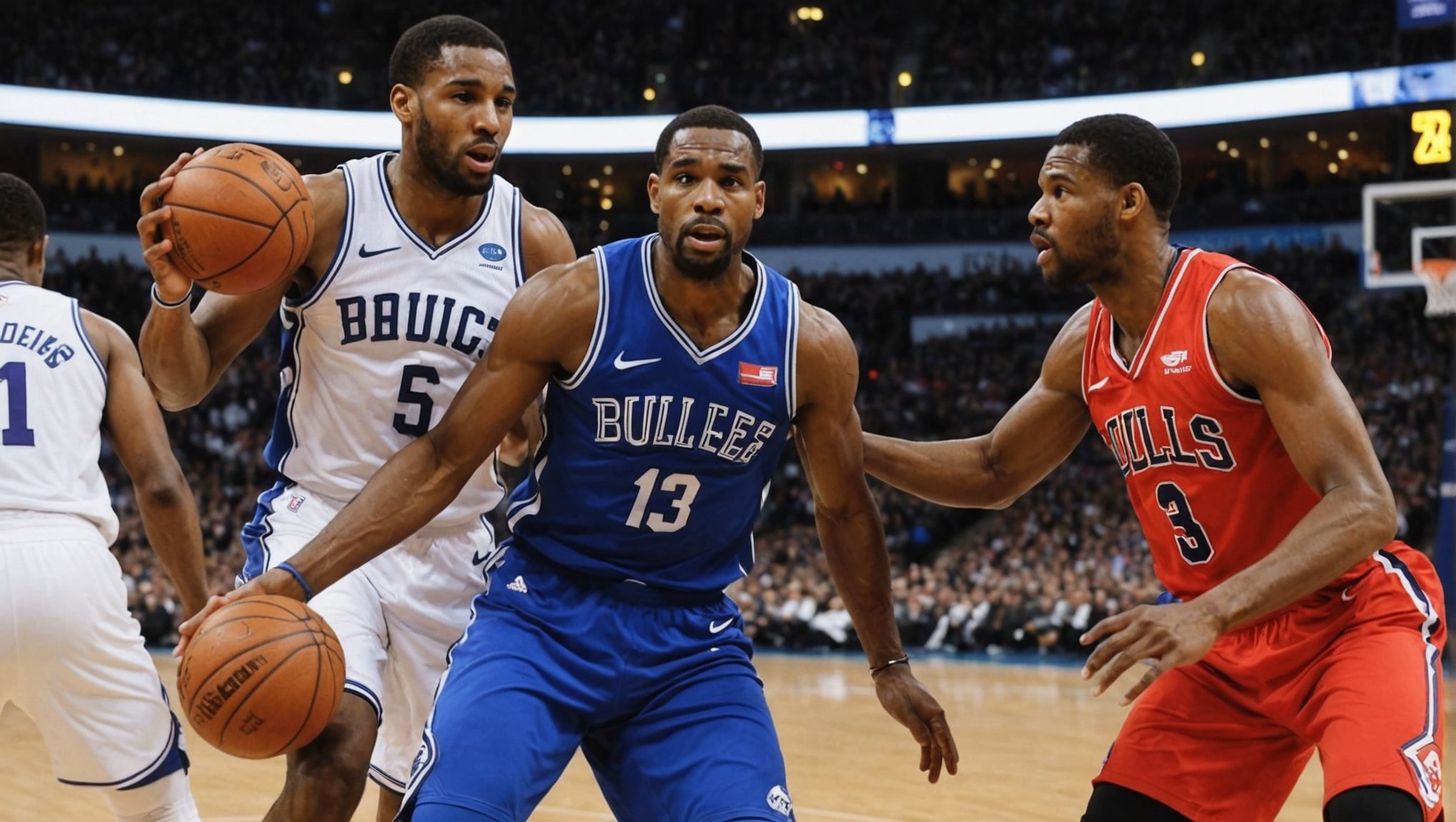In the world of sports, performance is often the primary focus. However, the role of recovery is equally crucial, yet often overlooked. This is especially true in high-intensity sports such as basketball. You, the players, put your bodies through extreme physical strain during matches and training sessions, pushing your muscles to their limits, leading to fatigue, muscle damage, and even injuries. This article will shed light on the essential recovery methods for UK basketball players after intense games.
The Importance of Recovery in Sports Performance
Before we delve into the specifics of recovery techniques, let’s first understand the role of recovery in sports performance. As athletes, your bodies need time to repair and strengthen themselves between workouts or games, and the way you treat your bodies during this period significantly affects your sports performance.
Topic to read : How can UK basketball centers increase their rebounding effectiveness?
Recovery is a critical aspect of any training program. It allows the body to adapt to the stress of exercise, replenish energy stores, and repair damaged tissues. Without adequate recovery, your performance may decline, and the risk of injury can increase.
Research published by PubMed and Crossref has shown that inadequate recovery can lead to overtraining syndrome, which results in a long-term decrease in performance, mood disturbances, and increased susceptibility to injuries. On the other hand, incorporating recovery into your training regimen allows for improved performance, better mental state, and lower risk of injuries.
Additional reading : What are the best strategies for UK basketball coaches to foster team spirit?
Sleep: The Best Recovery Strategy
Sleep is, without a doubt, the most potent recovery tool at your disposal. It is during sleep that your body goes into overdrive, repairing muscle, consolidating memory, and releasing hormones that promote growth and repair. A study in PubMed suggested that sleep deprivation can lead to decreased performance, increased perceived exertion, mood disturbances, and impaired decision-making, all of which can negatively affect your game.
Athletes should aim for a minimum of seven to nine hours of sleep per night, according to the National Sleep Foundation. This duration allows your body to go through multiple sleep cycles, each playing a crucial role in physical recovery. Furthermore, napping during the day, particularly on game or heavy training days, can help improve performance and alertness.
Nutrition: Fuel for Recovery
After an intense basketball match, your body will be depleted of glycogen, the primary fuel for muscles during high-intensity exercise. Therefore, post-game nutrition is critical in replenishing these stores and providing the necessary nutrients for muscle repair and growth.
To maximize recovery, you should aim to consume a meal rich in high-quality protein and carbohydrates within 30 minutes to two hours post-exercise. Protein provides the building blocks for muscle repair and growth, while carbohydrates replenish glycogen stores. A study published in Google Scholar suggested that consuming around 20g of protein post-exercise can maximize muscle protein synthesis, the process of rebuilding and repairing muscle.
Hydration: Essential for Optimal Function
Replacing lost fluids and electrolytes after a game is also a critical aspect of recovery. During a basketball game, players can lose significant amounts of fluids through sweating, which can lead to dehydration if not adequately replaced. Dehydration can negatively impact performance and delay the recovery process.
Make it a priority to consume fluids immediately after a game to start the rehydration process. A sports drink that contains electrolytes can be beneficial in replacing the salts lost through sweat, but plain water is also sufficient for most athletes.
Active Recovery: Move to Improve
Active recovery, which involves performing low-intensity exercise after an intense workout or game, can be a beneficial method to promote recovery. It can help to increase blood flow, which can assist in delivering nutrients to muscles and removing waste products.
Active recovery could include activities such as light jogging, cycling, or swimming. It’s important to remember that these activities should be done at low intensity. The goal is to promote recovery, not to add additional stress to the body.
In conclusion, recovery is a key component of sports performance for basketball players. By prioritizing sleep, nutrition, hydration, and active recovery, you can help to ensure your body is ready for the next training session or game. Remember, it’s not just about how hard you train, but also how well you recover.
Physical Therapy: An Essential Post-Game Routine
Physical therapy is one important aspect of recovery that often goes unnoticed by athletes. It helps to restore function, improve mobility, relieve pain, and prevent or limit permanent physical disabilities in patients with injuries or disease. Published studies on Google Scholar and PubMed Crossref emphasize the role of physical therapy in the recovery of athletic performance, particularly after high-intensity games.
Following a basketball game, players should engage in a cool-down routine, which gradually brings the heart rate down to its resting state. This routine, according to an article on PubMed, helps to reduce muscle stiffness and speeds up the recovery process. Additionally, stretching exercises post-game can help to improve flexibility, reduce muscle tension, and promote circulation for quicker recovery.
Basketball players should also opt for regular massage therapy sessions. Various studies available on DOI PubMed and PMC Free have shown that massage therapy reduces muscle tension, promotes relaxation, and improves sleep quality, all of which are beneficial for recovery and subsequent performance.
Physical therapy also involves treatments such as ice baths or cryotherapy, and heat treatments like sauna, both of which help in reducing inflammation and muscle soreness. A systematic review on Sport Sci suggested that alternating between heat and cold treatments could enhance recovery by improving blood flow and reducing muscle damage.
Mental Recovery: The Underrated Aspect of Performance
Another crucial but often overlooked aspect of recovery is the psychological element. Mental fatigue can significantly impact performance on the basketball court. Therefore, mental recovery is as important as physical recovery and should be an integral part of a basketball player’s post-game routine.
Mental recovery techniques such as meditation, visualization, deep-breathing exercises, and yoga can help reduce stress and anxiety, improve focus, and enhance overall mood. These techniques also promote a better quality of sleep, which as previously discussed is crucial for physical recovery and athletic performance.
Studies available on Sci DOI and Med DOI have shown that incorporating mental recovery techniques can result in improved psychological well-being, reduced burnout rates, and enhanced on-court performance. Coaches should, therefore, ensure that their players incorporate both physical and mental recovery techniques into their post-game routines.
The Bottom Line
In the gruelling sport of basketball, recovery techniques have a significant impact on a player’s performance and career longevity. Therefore, players and coaches should prioritize sleep, nutrition, hydration, active recovery, physical therapy, and mental recovery. Not only do these strategies help the body repair and strengthen itself after high-intensity games, but they also ensure players are in peak physical and mental condition for their next game.
It’s crucial that UK basketball players understand that recovery is not about taking a break but about actively participating in practices that allow their bodies and minds to heal and strengthen. So, remember, achieving peak performance is not just about the intensity of your training or the quality of your skills, but also about the effectiveness of your recovery techniques.











